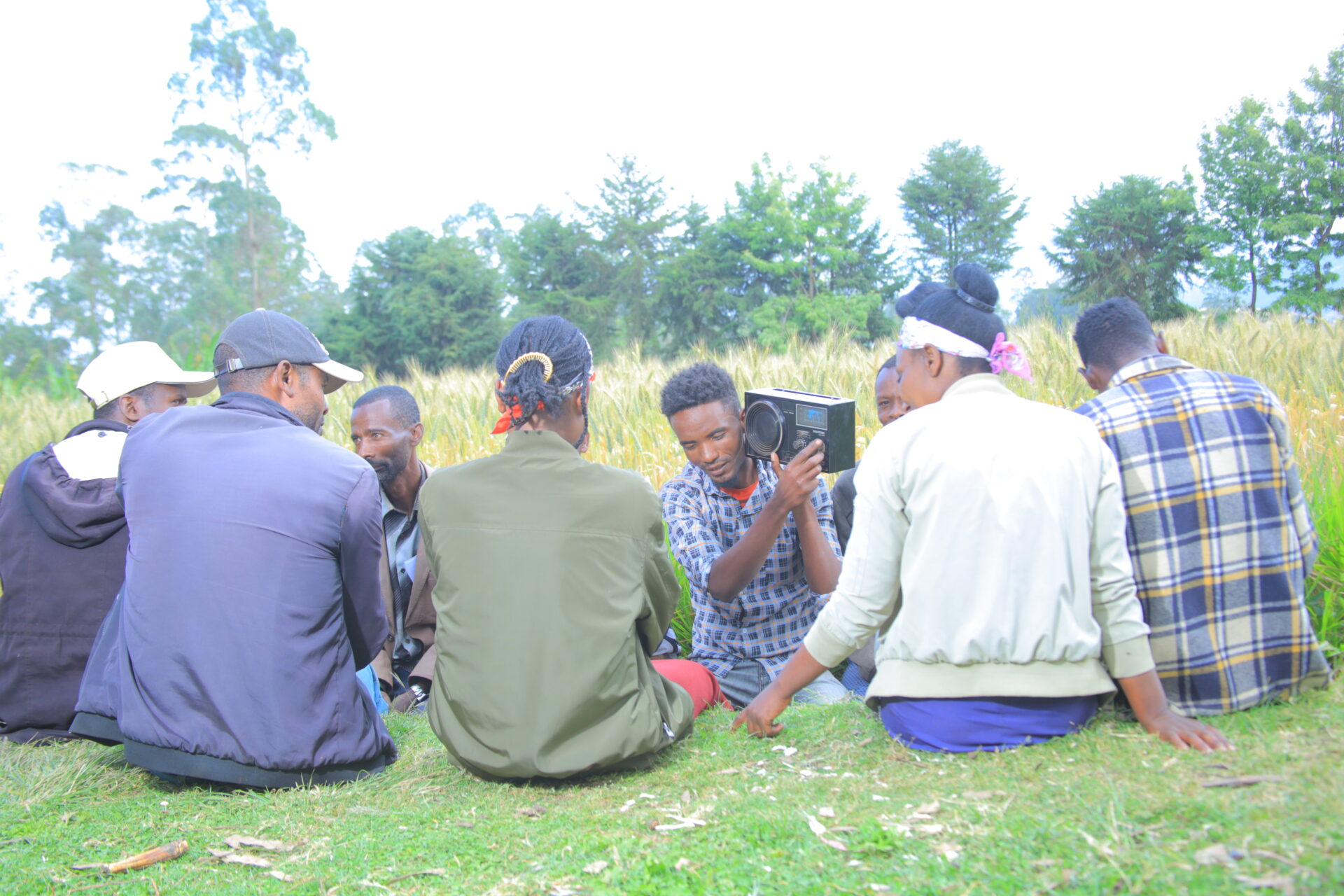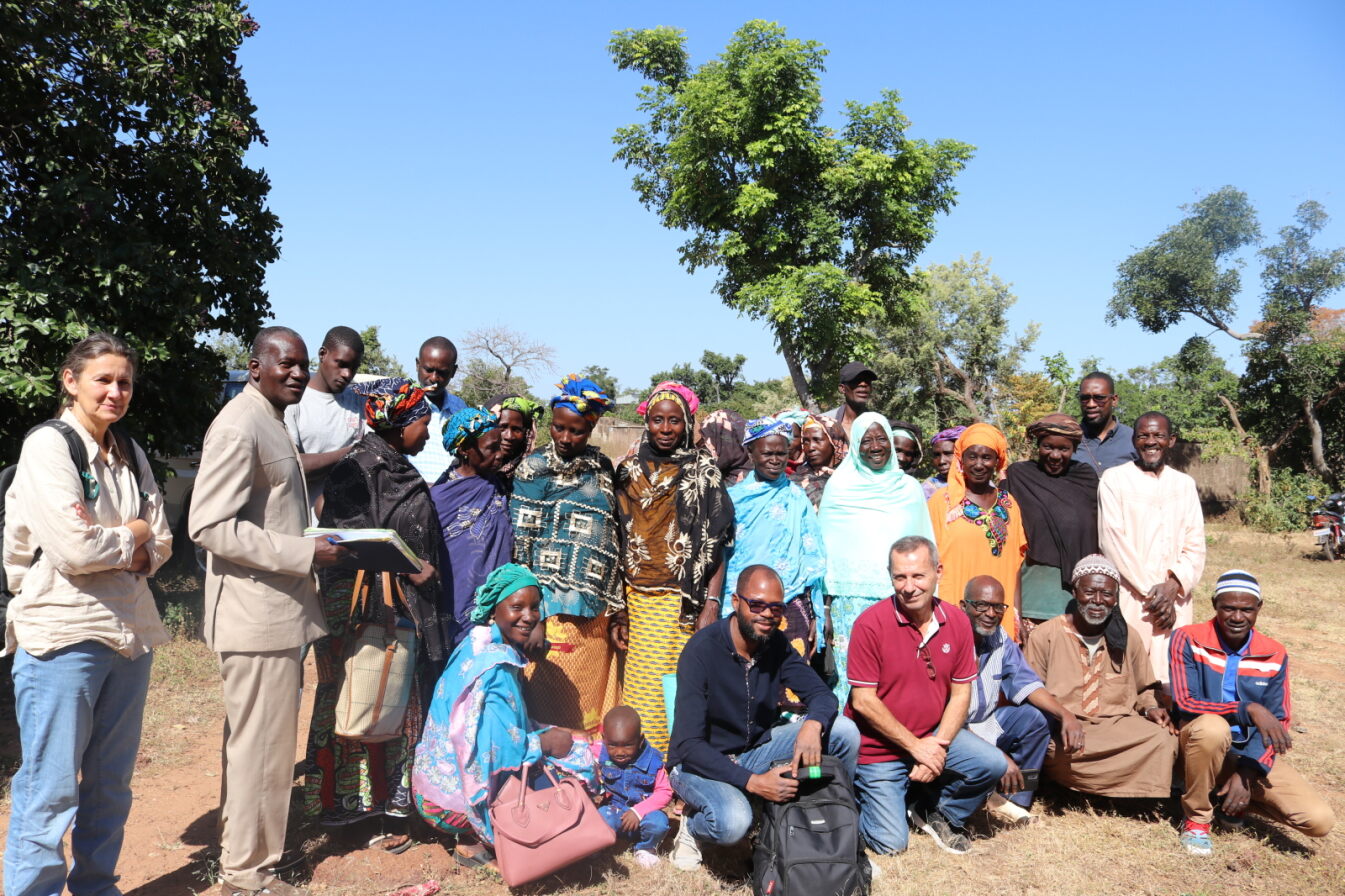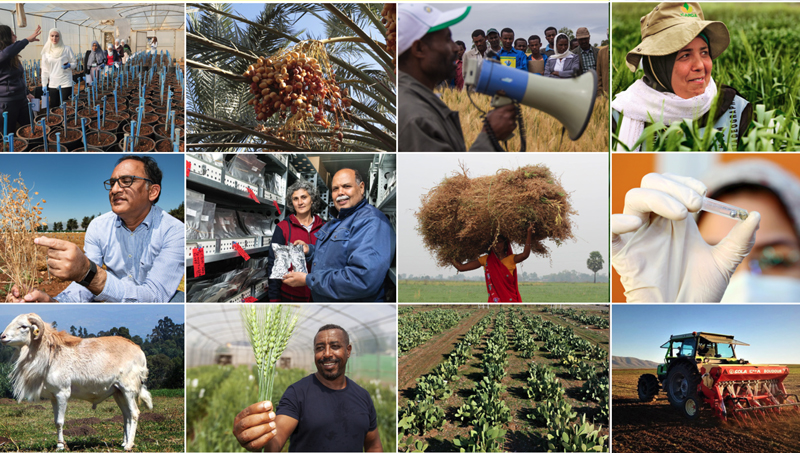Science workshop on sustainable rangeland governance and restoration in Tunisia and Senegal
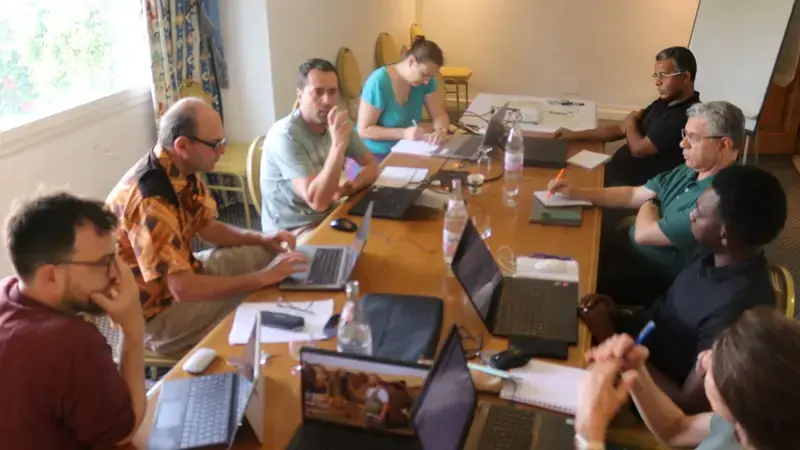
The vast rangelands of Tunisia and Senegal are critical for the livelihoods of pastoral communities, providing grazing land for their herds and other essential resources and ecosystem services. However, these fragile ecosystems face numerous threats, including climate change, land degradation, and encroachment from urban and economic activities.
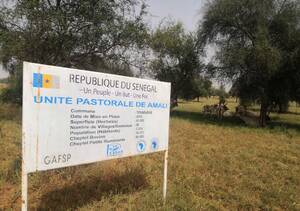
To develop better strategies to address these challenges, cross-country experts gathered in June at an ICARDA-led science workshop in Tunis, Tunisia entitled “Characterizing collective action for rangeland restoration in Tunisia and Senegal - Frameworks and lessons learned and scope for enhanced implementation of restoration programs”.
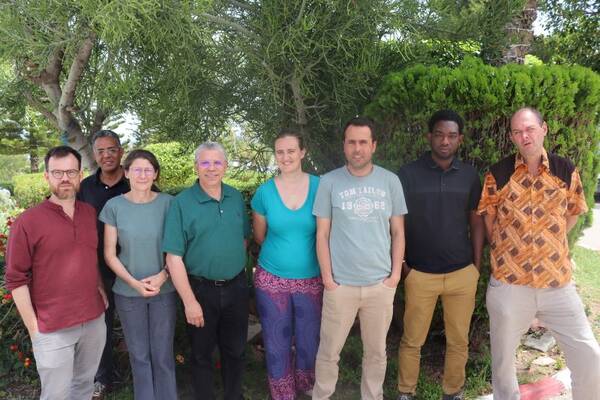
The workshop brought together rangeland scientists, economists, and geography scientists from ICARDA, the French Agricultural Research Centre for International Development (CIRAD), the Senegalese Institute of Agricultural Research (ISRA), and the Tunisian Institution for Agricultural Research and Higher Education (IRESA).
Participants discussed the latest research and shared best practices for sustainable rangeland management identified by the VIABILITY project and supported by the OneCGIAR Initiative on Livestock & Climate. Other topics were discussed, among them the role of community-based management in collective action provision, forms of collective action in pastoral territories, challenges of local community-based organizations for sustainable rangeland restoration, and the importance of integrating economic and social factors into a pastoral territorial framework for analysis. Territorial analysis is a research area of Geography which explores the use and management of natural resources for different purposes in a given territory. Pastoral territorial analyses focus on the specific cases of pastoral areas and see how actors are jointly providing collective action for the management of rangeland resources in a sustainable way.
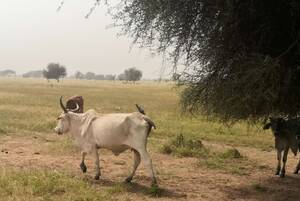
A key takeaway of this event was the importance of collaboration and collective action when it comes to addressing the complex challenges facing rangeland ecosystems under the climate crisis. Participants emphasized the need for inclusive and participatory decision-making processes that involve local communities to make sure policies and approaches are relevant and affordable. Building partnerships, strong communication networks, and social capital across different stakeholders, including governments, NGOs, and private sector actors, were highlighted as vital in scaling new approaches and methods.
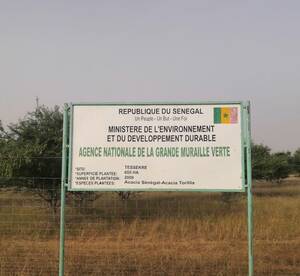
The collaboration of experts from diverse fields at the event resulted in unified recommendations that will help improve collective action for sustainable rangeland restoration and valorization in pastoral areas of Tunisia and Senegal: First of all, collective action needs to be reviewed from the angle of new forms of community-based organizations in both Tunisia and Senegal (called Pastoral Units in Senegal and “Groupement de Développement Agricole”, GDA, in Tunisia). Researchers need to particularly understand how communities can better provide structured and effective collective action through these new organizational forms because this could not only support the management of resources, but also contribute to preservation and valorization of rangeland resources and its related ecosystem services.
Second, the researchers also suggested that innovation platforms such as “Living labs” would be a good basis for developing such a new perspective of collective action, given that co-development of technical, institutional and organizational innovations are key for better rangeland management, restoration and valorization.
These and further recommendations will be disseminated to stakeholders and policymakers in an effort to promote sustainable and inclusive rangeland governance and restoration practices that benefit dryland pastoral communities and resources pastoralists in the region and beyond.
---------------------------------------------
Read the working paper "Agroecological practices are widely used by African farmers" of the The Viability of Agroecological Practices in Africa Project Team

